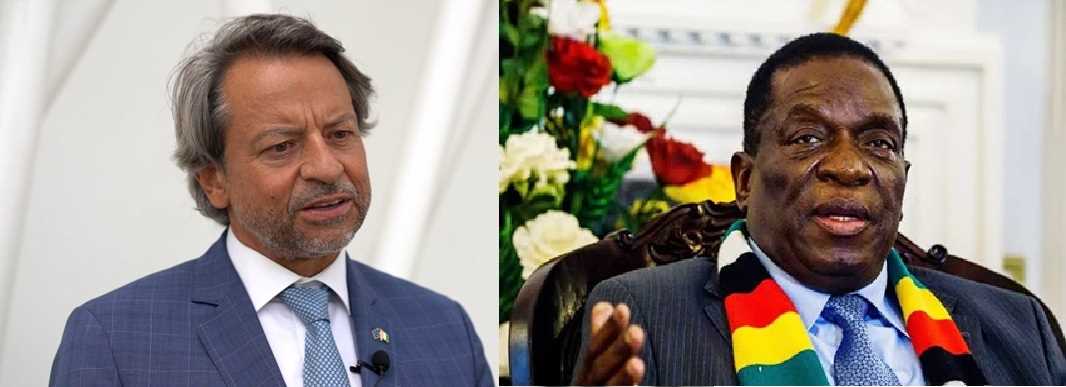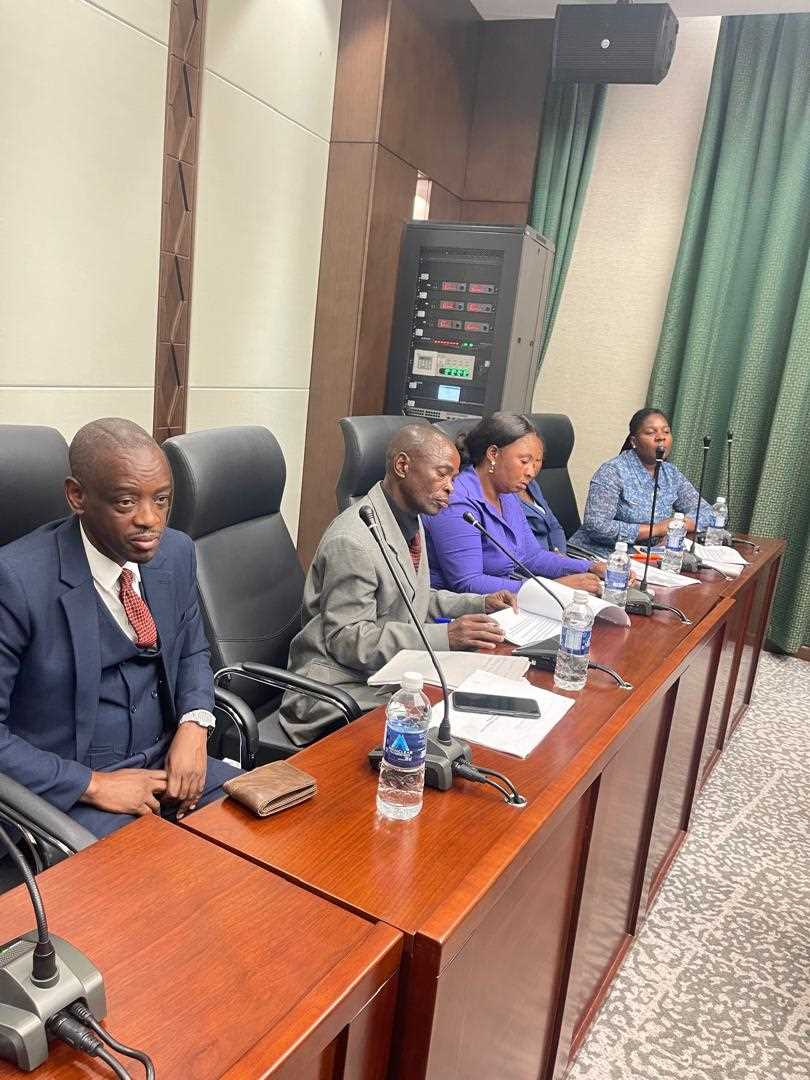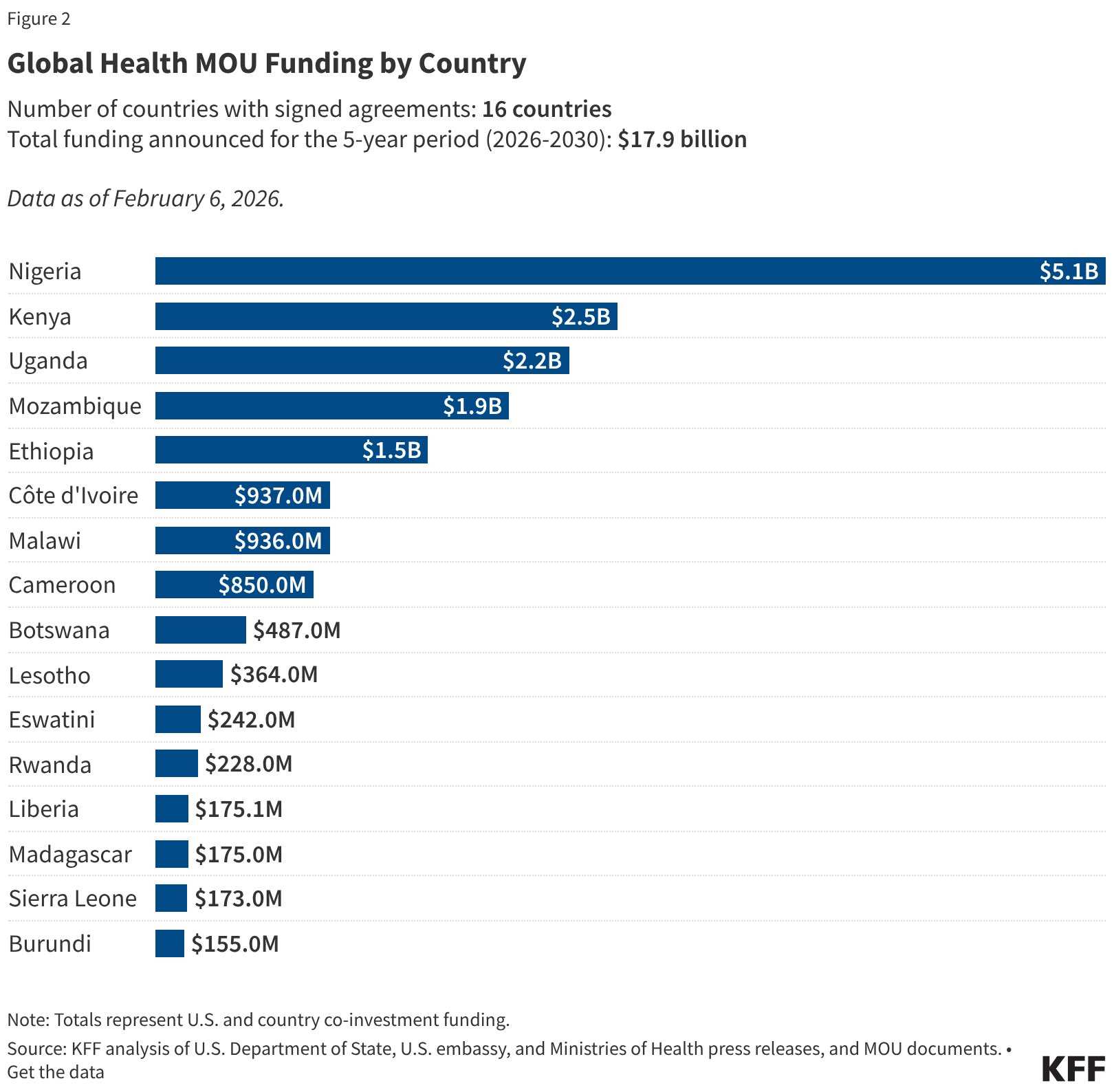
Monica Cheru—Managing Editor
The European Union’s decision to slash funding for Zimbabwe’s governance programs under the guise of defending democracy has laid bare its persistent efforts to retain a paternalistic stranglehold over the nation’s internal affairs.
By weaponizing financial aid to pressure Zimbabwe into compliance with its political agenda—primarily through sponsored NGOs—the EU risks destabilizing the country while hypocritically ignoring its own role in undermining sovereignty.
The bloc has a long history of bankrolling NGOs that amplify dissent against the Zimbabwean government—often under the nebulous banner of “civil society empowerment.”
The EU’s outrage over the PVO Act, which it claims “curtails civic freedoms,” appears less about principle than about losing leverage by funneling millions into organizations that challenge state policies.
The EU has effectively positioned itself as an unelected stakeholder in Zimbabwe’s political landscape, demanding reforms that align with its interests while disregarding the nation’s right to self-determination.
The EU’s withdrawal of support for Zimbabwe’s governance initiatives, announced by Ambassador Jobst von Kirchmann, reeks of neo-colonial overreach and should be treated with the contempt it deserves.
This tactic is not new. The bloc has consistently used debt relief and aid as bargaining chips to influence Zimbabwe’s governance, even as it turns a blind eye to similar crackdowns on NGOs by allies elsewhere.
Von Kirchmann’s reference to Zimbabwe’s $21 billion debt burden underscores this transactional approach: support the EU’s vision, or face financial isolation.
Related Stories
Such coercion reinforces accusations that the EU seeks to maintain a dangerous neo-imperial foothold in Africa, using NGOs as proxies to sway political outcomes.
By conditioning aid on compliance with its reforms, the EU undermines the very sovereignty it claims to respect.
However, this heavy-handed approach does not absolve President Emmerson Mnangagwa’s government of its responsibility to uphold human rights and democratic freedoms, particularly in light of the divisive 2030 agenda to extend his term beyond the accepted constitutional mandate.
Mnangagwa’s decision to sign the PVO Amendment Bill into law—gazetted as Act No. 1 of 2025—coupled with blatant escalation in his government’s assault on dissent is a cause for concern even for Zimbabweans who are not agents of western agendas.
The law grants sweeping powers to deregister NGOs, freeze assets, and imprison activists for up to 35 years under vague charges of “illicit financing” or “misrepresentation.”
By mandating invasive disclosure of funding sources and affiliations, the state aims to paralyze civil society groups, many of which expose corruption and advocate for accountability.
Critics rightly argue that the law’s draconian provisions go far beyond legitimate concerns about terrorism financing or money laundering. Instead, they weaponize bureaucracy to stifle opposition.
The creation of a state-controlled PVOs Board further entrenches authoritarianism, enabling the regime to label inconvenient organizations as “foreign agents” and shutter them at will.
Mnangagwa’s timing—signing the bill hours before inaugurating a high-profile traders’ market—suggests a calculated effort to deflect criticism and signal defiance toward international pressure.
But he must reckon with the reality that silencing critics and weaponizing laws like the PVO Act will only fuel instability, not security.
Zimbabwe’s future hinges on balancing sovereignty with transparency, rejecting both foreign interference and homegrown authoritarianism. Until then, the nation remains trapped between a manipulative international community and a government hostile to its own people.


















Leave Comments